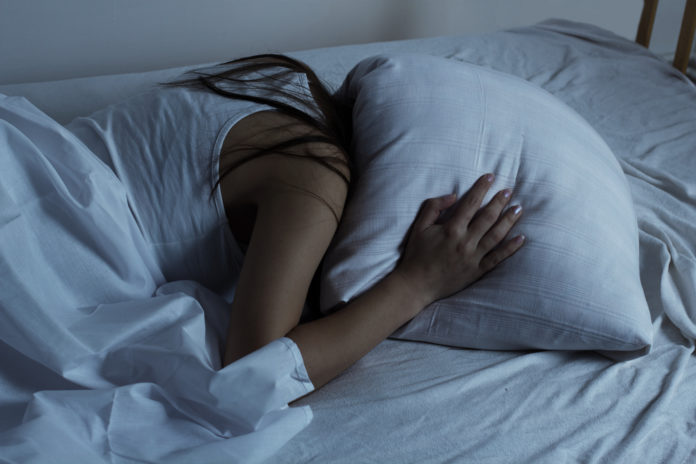Most issues related to substance use disorders are generally addressed and managed during addiction treatment, but a new study found that healthy sleep patterns are often not stabilized during recovery.
The U.K. study, published in the journal of Social Science & Medicine, aimed to explore sleep patterns of men and women who were receiving addiction treatment for a substance use disorder and/or alcohol use disorder in inpatient rehab centers.
“In an earlier study of the everyday lives of recovering heroin users, Jo Neale and Sarah Nettleton found sleep to be a critical issue for drug users,” said lead author Dr. Rob Meadows, referring to the other researchers he worked with. “People using substances, people in treatment and service providers also expressed particular interest in their findings about sleep. We were keen to take this further and explore how, why and in what ways sleep, drug dependence and recovery interact, and with what consequences. Although these questions had started to be addressed by biomedical scientists, their work was not matched by any detailed sociological research.”
Meadows’ team analyzed experimental data from nine men and 19 women who volunteered to participate in the study while receiving inpatient addiction treatment in England. The treatment center offered creative workshops, physical exercise, group and individual therapy sessions, and supervised detox for a period of four to six weeks.
The volunteers were asked to wear a movement monitor on their wrists and record their sleep in a diary for two weeks before they were interviewed and examined by the researchers.
“It was surprising to see how many of those interviewed reported that they had received little or no help with their sleep,” Meadows said. “It did not seem to be something that service providers had overtly considered. We have also been continually surprised by both the level of interest in the topic and the level of worry about sleep. Individuals have consistently expressed how helpful it is to talk about and share their experiences.”
The researchers noticed that for some patients the interaction between resting and active periods had become almost identical, and some clearly displayed repetitive, monophasic rhythms of rest and activity. Others were found to have combined periods of sleep but at inconsistent times.
“The people we spoke with were very motivated to sleep ‘better’ but ‘better’ sleep became synonymous with the structures and day/night routines of residential rehabilitation,” he said. “The challenge we face is that all versions of ‘better’ sleep are likely to be quite prescriptive and potentially create anxieties.”
Meadows added that he’s currently working on another study with Neale and Nettleton that hopes to turn around these challenges against sleep disorders — a problem that affects between 50 and 70 million American adults, according to the Centers for Disease Control and Prevention.
“Rather than starting by looking at ways to improve sleep we are initially asking what constitutes better sleep,” Meadows said. “Until we have concluded this research, those feeling anxiety may find it useful to note that there are ‘rule of thumb’ ideas about sleep. Individual differences are expected and no one size fits all. The same individual will also experience sleep in multiple and varied ways; while sleep is repetitious, each and every experience of sleep is also unique.”
For those in rehab, sleep can be even more unique. Meadows and his team found that during… (continue reading)

















